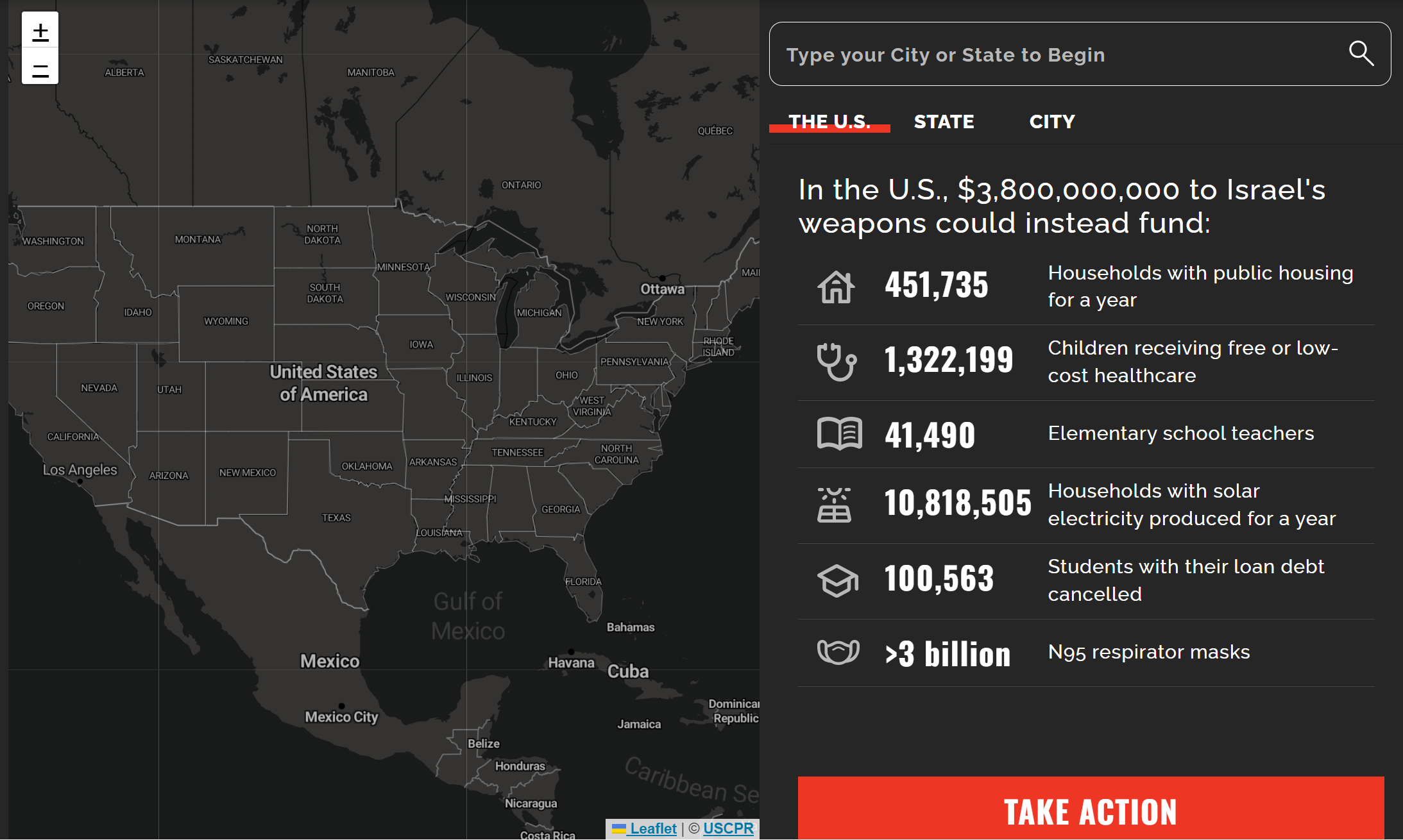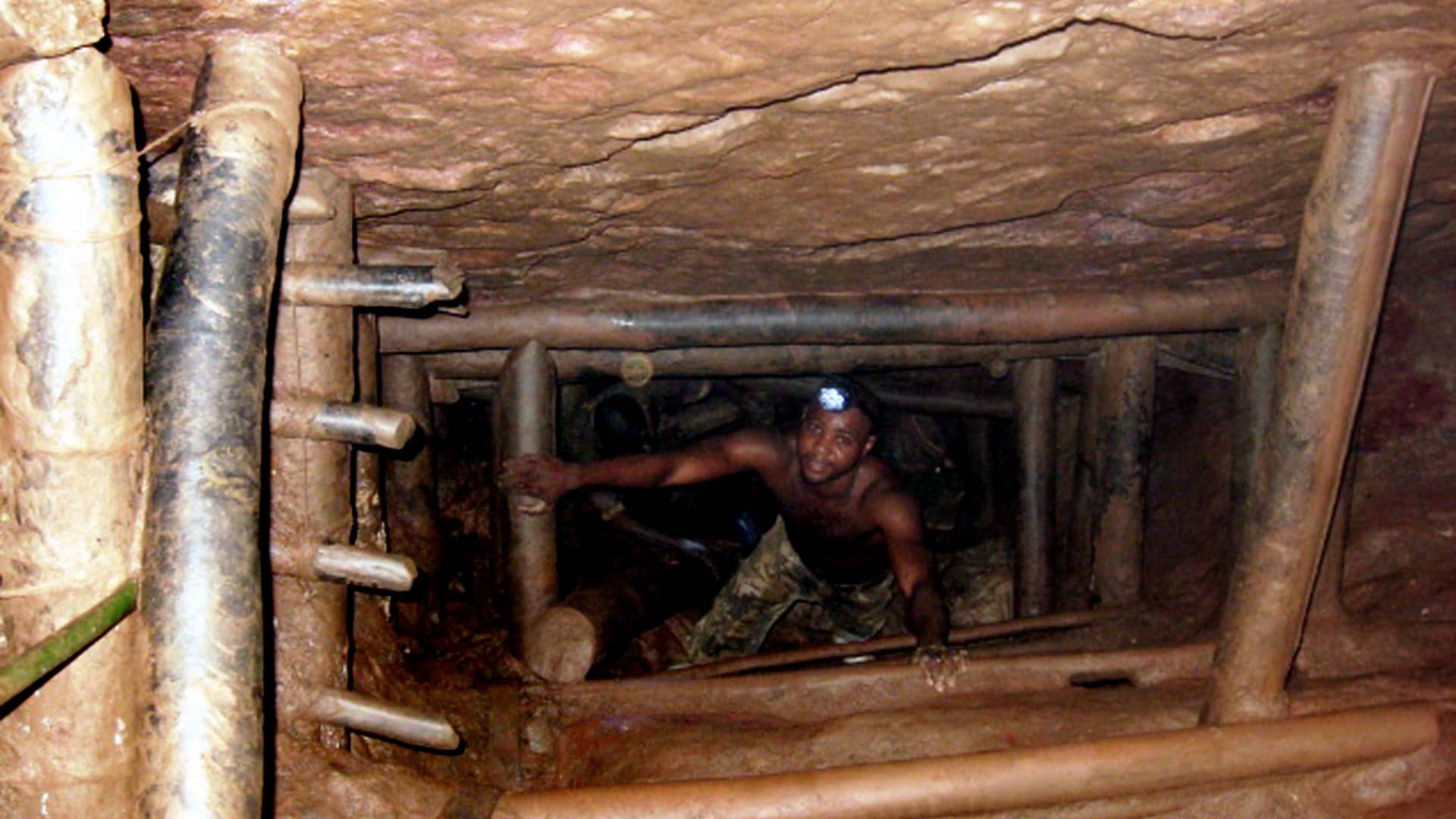history is not about people who are different than us
it's that week between christmas and news year's, and i am on blessed winter break. i'm taking this week to focus on resting and investing time and energy into my writing career (wish me luck as i submit so many applications and pitches). it's a temporary break between weeks of preparing to teach u.s. history next semester to a really special group of high school juniors.
the state of louisiana requires students to pass a standardized test on u.s. history to graduate (with certain exceptions) and so, i feel responsible for preparing students to pass this exam which covers content from the late 19th century to the present. you might be wondering if that means louisiana's u.s. history curriculum starts post civil war, thus avoiding enslavement and the beginnings of settler colonialism including the attempted genocide of indigenous people in the americas. it does.
i am obviously not going to omit these atrocities from my curriculum. how could you understand anything else about america without them?
but this means i have 68 classes to give kids some sense of how our country got here and to prepare them to pass a 3 hour and 45 minute standardized test on specific, politically-chosen contributing factors.
if i think about it too long, i get nauseous. obviously, it's impossible to give kids a comprehensive understanding of the history of our nation within these parameters. that's not the goal. the goal is to balance giving them a baseline understanding of some context and patterns in american history and a lot of practice in how to approach history and primary source documents so that they can use this knowledge and these skills to understand the world around them.
i am acutely aware of what this means as america continues to aid and abet genocide in Palestine. i am acutely aware of the weight of the responsibility to pick and choose what we spend time studying and the fraught nature of my positionality as a white woman.
what does this have to do with you? with all of us?
there are so many trite axioms about history: it repeats itself, it rhymes, if we don't learn it we're doomed (the dramatics) to repeat it, etc. all of these assume that history is linear, moving forward, even if it's doing so in a pattern. they assumes we've progressed and that we should have learned from the past and become different and better than our ancestors, that their mistakes and triumphs are something far removed from our current context, something that we stand on top of as it rots away beneath us.
our understanding of history as well as our present is often grounded in an assumption that we are different than the people who lived in "historical time," than our ancestors, by birth or tradition.
Dr. Bayo Akomolafe touches on this in one of my favorite podcast episodes of all time (a short list, bc i don't have the combination of auditory processing skills and focus that i find podcasts require, but still!)
There's sometimes this Reconstructionist way that comes to mind, how we speak about the past, you know, I'm always wary about the story, this narrative, that there was once a time where everything was harmonious, where we had this Indigenous alignment with truth and the right relationship. And then something happened, and everything went wrong. And now we're trying to restore that relationship. First of all, it doesn't do justice to the complexity of the lives of our ancestors. Summarily, it also contains them in static temporality as if the past is done with, as if those lives are not still consequential, and material, and political, hidden constituents of our social material realms, even right now. – Dr. Bayo Akomolafe

as i spend hours and hours sifting through resources related to and primary sources from american history and consuming many forms of media related to Palestine, both its current crisis and long history, one of the things that i can't stop thinking about is how much of americans' response to the ongoing genocide in Palestine is based on insisting that this particular apartheid and genocide is different than South Africa, and Nazi Germany, and American enslavement, let alone others that we were never taught about in school and are less covered in the news media today (Kashmir, Sudan, DR Congo, Armenia, the list goes on and gut-wrenchingly on).
this has shaped my primary goal for next semester's u.s. history class:
we have to understand that history is not about people who are different than us. the worst atrocities of history did not happen because people were different then. the greatest triumphs of humanity over greed and prejudice were not fought for by people different than we are.
in the best and worst ways, things that happened then can and are happening now.
so then, what is our responsibility? i believe it's to decide which type of ancestor we will be when our descendants, people who will not be so different from us, look to us to understand how they came to be where they are in their present. to throw ourselves into the collective work of turning the spiral of time and history closer to the values we hold dearest, as so many of our ancestors did for us.
below are a collection of reads and resources to help us understand what's happening today and how we can do something about it.




as always, i hope this was useful.
with hope,
katie wills evans





